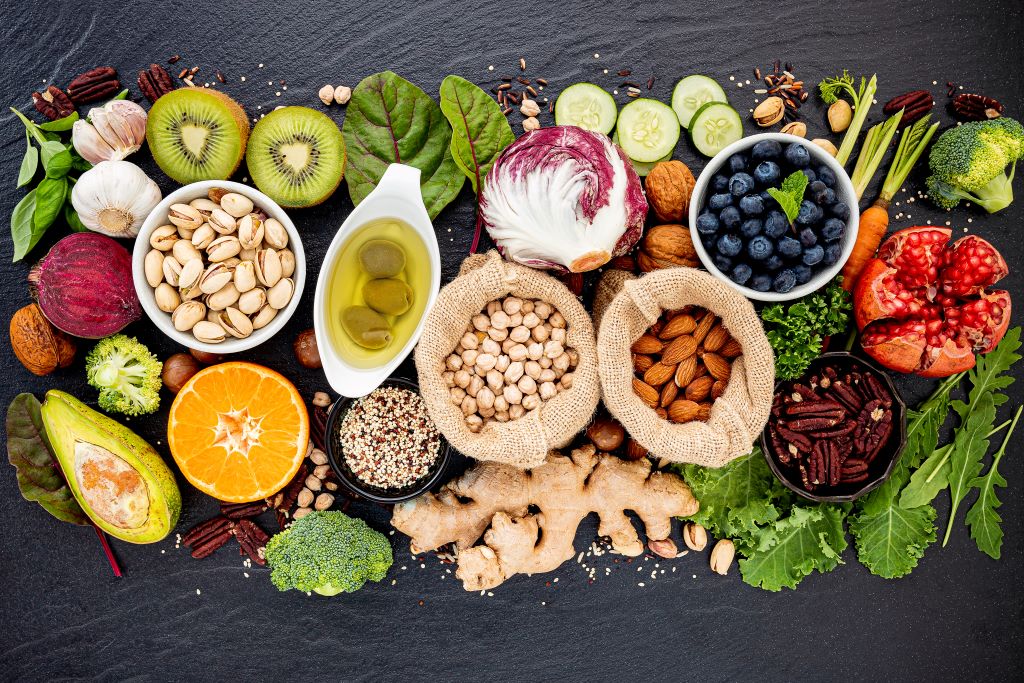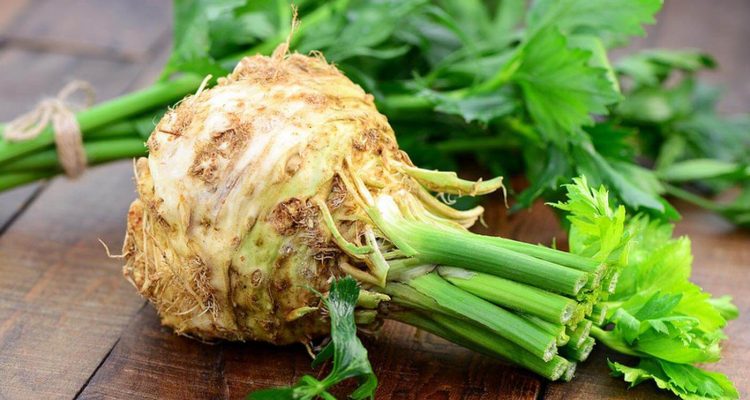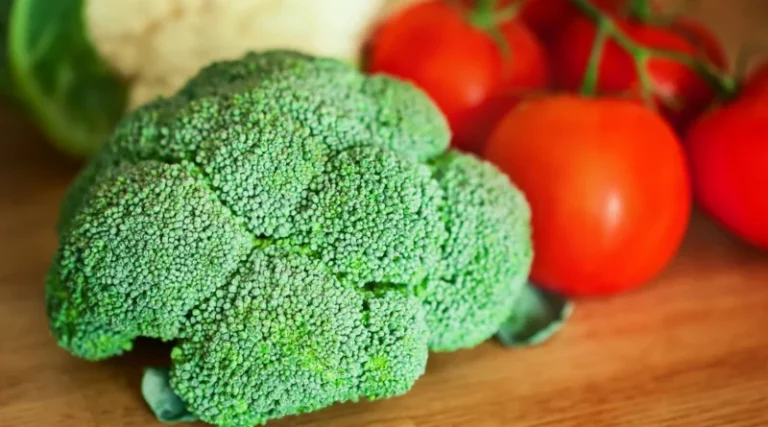Foods That Should Not Be Reheated
To save time, most office workers reheat homemade meals for lunch. But some foods become carcinogenic when reheated and ultimately poison the body. What are these foods?
The golden rule is to never reheat foods high in protein!
Some of the foods we eat may not be as safe after reheating since they tend to lose nutritional value.
- High-nitrate vegetables If you cook spinach or any green leafy veggies, carrots, turnips or even celery, do not reheat them in the microwave. These nitrate-rich veggies can become toxic when reheated, exhibiting carcinogenic properties that are usually malignant [2]. Spinach contains a lot of iron, therefore heating and reheating spinach can oxidize the iron in spinach. Oxidation of iron generates dangerous free radicals known to cause many diseases including infertility and cancer.
- Rice You may be surprised, but rice also falls into this category. According to the Food Standards Agency (FSA), you can suffer from food poisoning if you eat reheated rice. This is due to the presence of highly resistant bacteria called Bacillus Cereus. Heat kills these bacteria but they can produce spores that are toxic in nature. When rice is reheated and left at room temperature, any spores present in it can multiply, causing food poisoning [3].
- Eggs We all know eggs are a rich source of protein, however cooked or fried eggs can cause serious harm when subjected to repeated heat. After you prepare the eggs, eat them immediately. If they are stored for a longer period, do not reheat, just eat them cold, because high protein foods contain a lot of nitrogen. This nitrogen can get oxidized due to reheating, which poses dangerous consequences.
- Chicken Fried chicken does taste delicious, however if you save leftovers for the next day, do not reheat it again and again. The protein composition in this food changes completely when taken out of the fridge for reheating. It can cause digestive issues. Make sure you do not reheat it at very high temperatures [4].
- Potatoes The staple potato is best stored, reheated and consumed immediately. Unfortunately you will have to cook it fresh each time. Potatoes are a rich source of vitamin B6, potassium and vitamin C, however repeatedly reheating them runs the risk of producing Clostridium Botulinum (the bacteria that causes botulism). Even leaving cooked potatoes at room temperature increases bacterial production. So to avoid bacteria growth, it’s best to refrigerate potatoes or discard if not eaten within 1-2 days.
- Mushrooms It is recommended to eat mushrooms right after cooking. Ideally they should not be saved for consumption the next day, since they are a source of proteins and high amounts of minerals, and reheating them further denatures these proteins, causing havoc in your digestive system. So heating them will lead to formation of toxins containing oxidized nitrogen and free radicals. Even if you want to save mushrooms for the next day, make sure you eat them cold.
- Cold pressed oils Cold pressed oils like flaxseed, olive and sunflower are among the best sources of omega-3 fatty acids. Omega-3 fat is highly sensitive to temperature as it gets destroyed and becomes rancid above 40 degrees Celsius. So never reheat cold pressed oils before consumption.
Proper food storage plays a vital role in ensuring their safety and edibility. So if you do plan to store them, do it in the refrigerator to avoid formation of bacteria that can be harmful for your health.
Stay healthy!
References:
- Robertson T, Fielding B, Brown J, Robertson D. Comparison of the Effects of Freshly Cooked or Reheated Mashed Potato, Prepared with Different Solid Fat Spreads, on Postprandial Glycemia. Curr Dev Nutr. 2020;4(Suppl 2):654. Published 2020 May 29.
- Hodges C, Archer F, Chowdhury M, et al. Method of Food Preparation Influences Blood Glucose Response to a High-Carbohydrate Meal: A Randomised Cross-over Trial. Foods. 2019;9(1):23. Published 2019 Dec 25.
- Australian Food Safety Week 10-17 November 2018 – food poisoning take it seriously (14 November 2018)
- Kim TK, Hwang KE, Kim YB, Jeon KH, Leem KH, Choi YS. Effects of Pre-cooking Methods on Quality Characteristics of Reheated Marinated Pork Loin. Korean J Food Sci Anim Resour. 2018;38(5):970-980.







